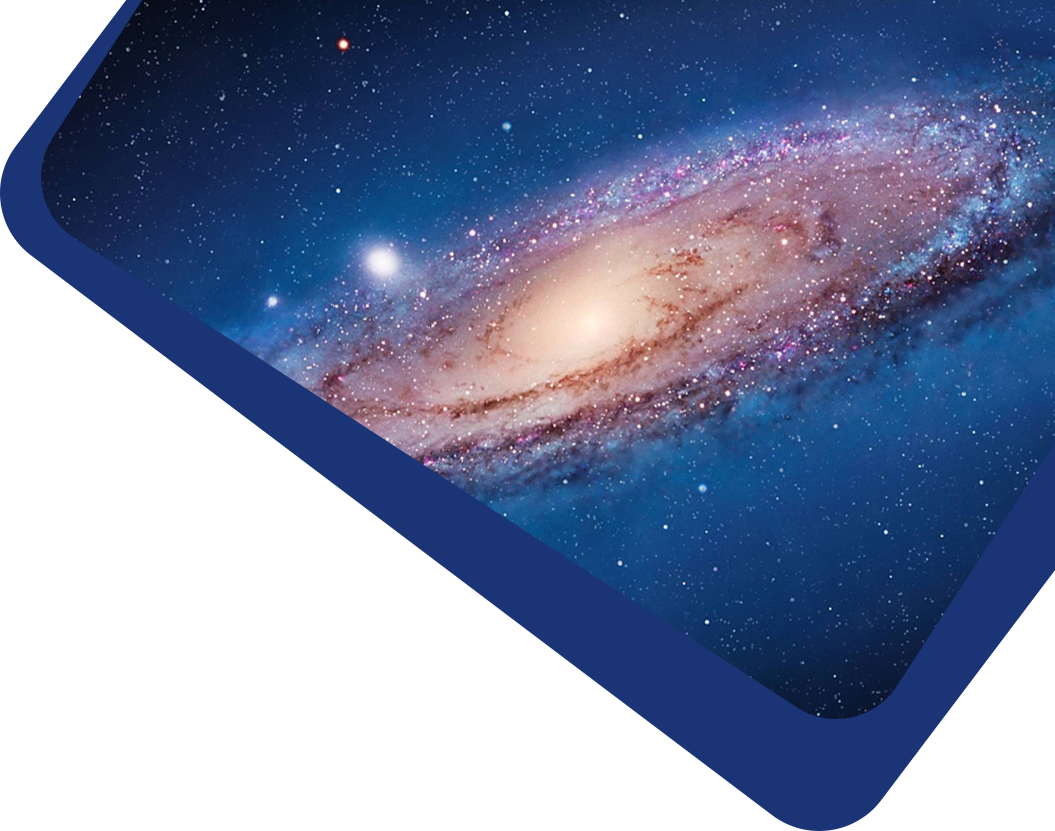The Mini-SiTian (MST) project is a pathfinder for China's next-generation large-scale time-domain survey, SiTian, aimed at discovering variable stars, transients, and explosive events. MST generates hundreds of thousands of transient alerts every night, approximately 99% of which are false alarms, posing a significant challenge to its scientific goals. To mitigate the impact of false positives, we propose a deep learning–based solution and systematically evaluate 13 convolutional neural networks. The results show that ResNet achieves exceptional specificity (99.70%), EfficientNet achieves the highest recall rate (98.68%), and DenseNet provides balanced performance with a recall rate of 94.55% and specificity of 98.66%. Leveraging these complementary strengths, we developed a bagging-based ensemble classifier that integrates ResNet18, DenseNet121, and EfficientNet_B0 using a soft voting strategy. This classifier achieved the best AUC value (0.9961) among all models, with a recall rate of 95.37% and specificity of 99.25%. It has now been successfully deployed in the MST real-time data processing pipeline. Validation using 5000 practically processed samples with a classification threshold of 0.798 showed that the classifier achieved 88.31% accuracy, 91.89% recall rate, and 99.82% specificity, confirming its effectiveness and robustness under real application conditions.



